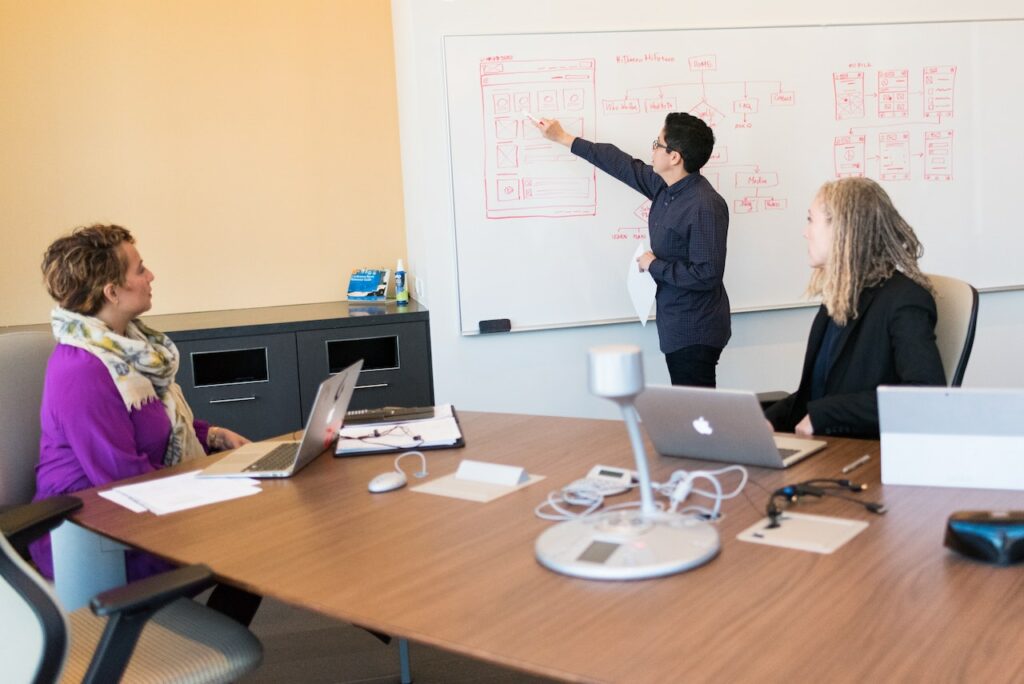A software consultant is a professional that provides expert advice and guidance on software development projects. Software consultant works with clients to identify their needs, provide strategic direction, and help them make informed decisions about technology solutions.
This article will explore what it takes to become a software consultant, the differences between a software engineer and a software consultant, and the skills and experiences required to succeed in this field.

What is software consulting?
Software consulting involves working with clients to understand their business needs and providing recommendations on technology solutions that will meet those needs.
A software consultant analyzes client requirements, develops software solutions, and provides ongoing support to ensure the software meets the client’s needs.
The role requires a deep understanding of software development methodologies, programming languages, and industry best practices.
What does it take to become a software consultant?
Software consulting requires technical expertise, business acumen, and strong communication skills. The followings are the skills and experiences needed to succeed in this field:
Technical skills
Software consultants must deeply understand programming languages, software development methodologies, and industry best practices. They should be proficient in various programming languages, including Java, Python, C++, and SQL.
They should also have experience working with software development tools like Git, Jenkins, and JIRA.

Business acumen
A software consultant must have a solid understanding of business operations, including finance, marketing, and supply chain management. They should be able to identify opportunities for technology solutions that can help businesses improve their operations and achieve their goals.
Strong communication skills
Software consultants must be able to communicate complex technical concepts clearly and concisely. They should be able to explain software solutions to non-technical stakeholders and build strong relationships with clients.
Analytical skills
Software consultants must have strong analytical skills to identify patterns, analyze data, and solve complex problems. They should be able to use data to make informed decisions about software development projects.

Steps to Become a software consultant
To become a software consultant, follow these steps:
Earn a bachelor’s degree in computer science, software engineering, or a related field. This will provide a solid foundation in programming languages, software development methodologies, and industry best practices.
Gain practical experience through internships or entry-level positions in software development. This will help you build your technical skills and gain real-world experience working on software development projects.
Develop strong communication skills by working on team projects and presenting your work to stakeholders. This will help you build client relationships and explain technical concepts to non-technical stakeholders.
Continue learning and staying up-to-date with the latest software development trends and technologies. This will help you stay competitive and provide clients with cutting-edge solutions.
Difference between a software engineer and a software consultant
Software engineers are responsible for designing and developing software solutions. They typically work as part of a development team and are responsible for writing code, testing software, and maintaining software applications.
On the other hand, software consultants work with clients to understand their needs and provide recommendations on technology solutions. They may also oversee software development projects and ensure they meet the client’s requirements.
Conclusion
Software consulting is a challenging and rewarding profession that requires a combination of technical expertise, business acumen, and strong communication skills.
To become a successful software consultant, you must be able to analyze client requirements, develop software solutions, and communicate complex technical concepts clearly and concisely.
Following the steps outlined in this article, you can build the skills and experiences needed to succeed in this field and help clients achieve their technology goals.
